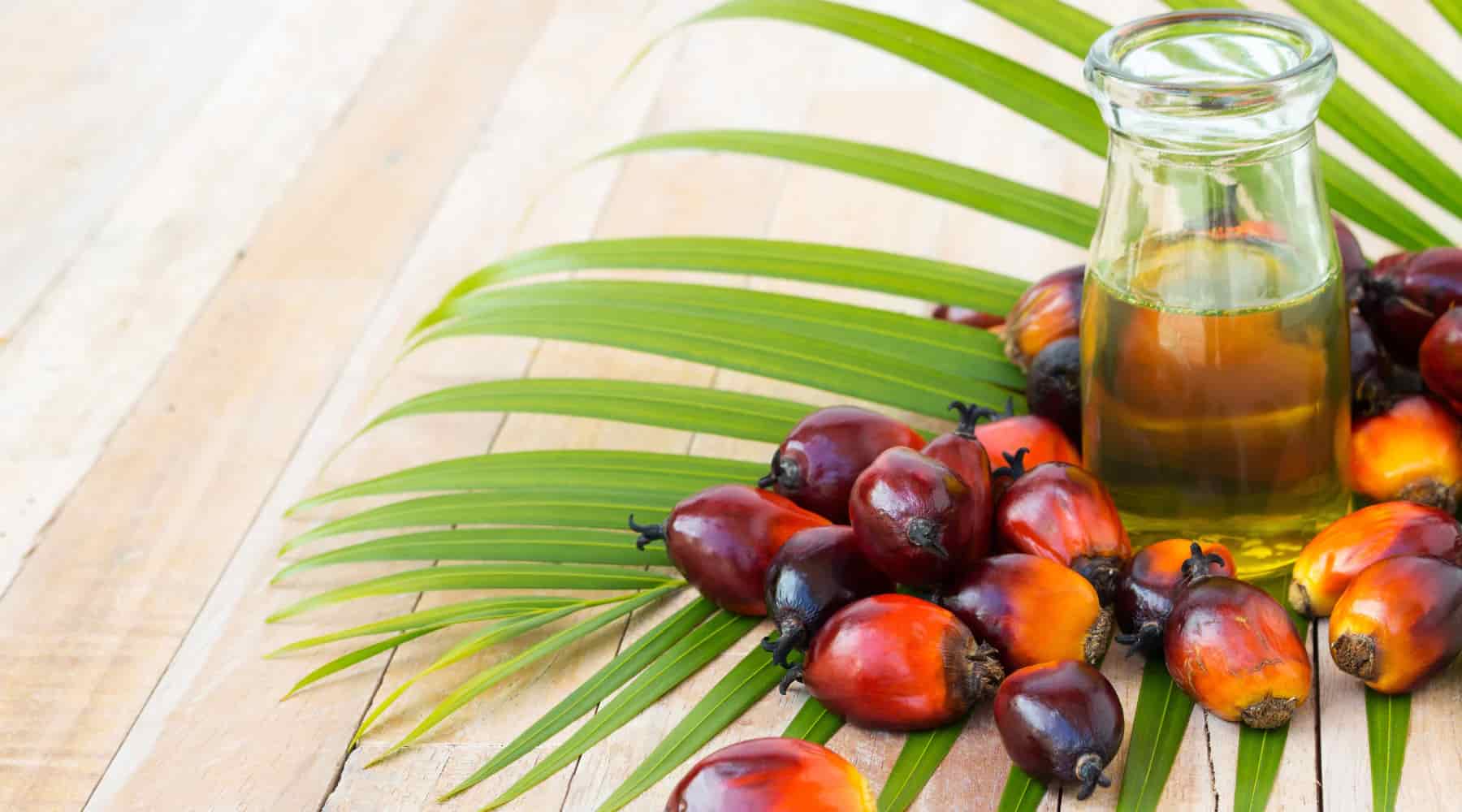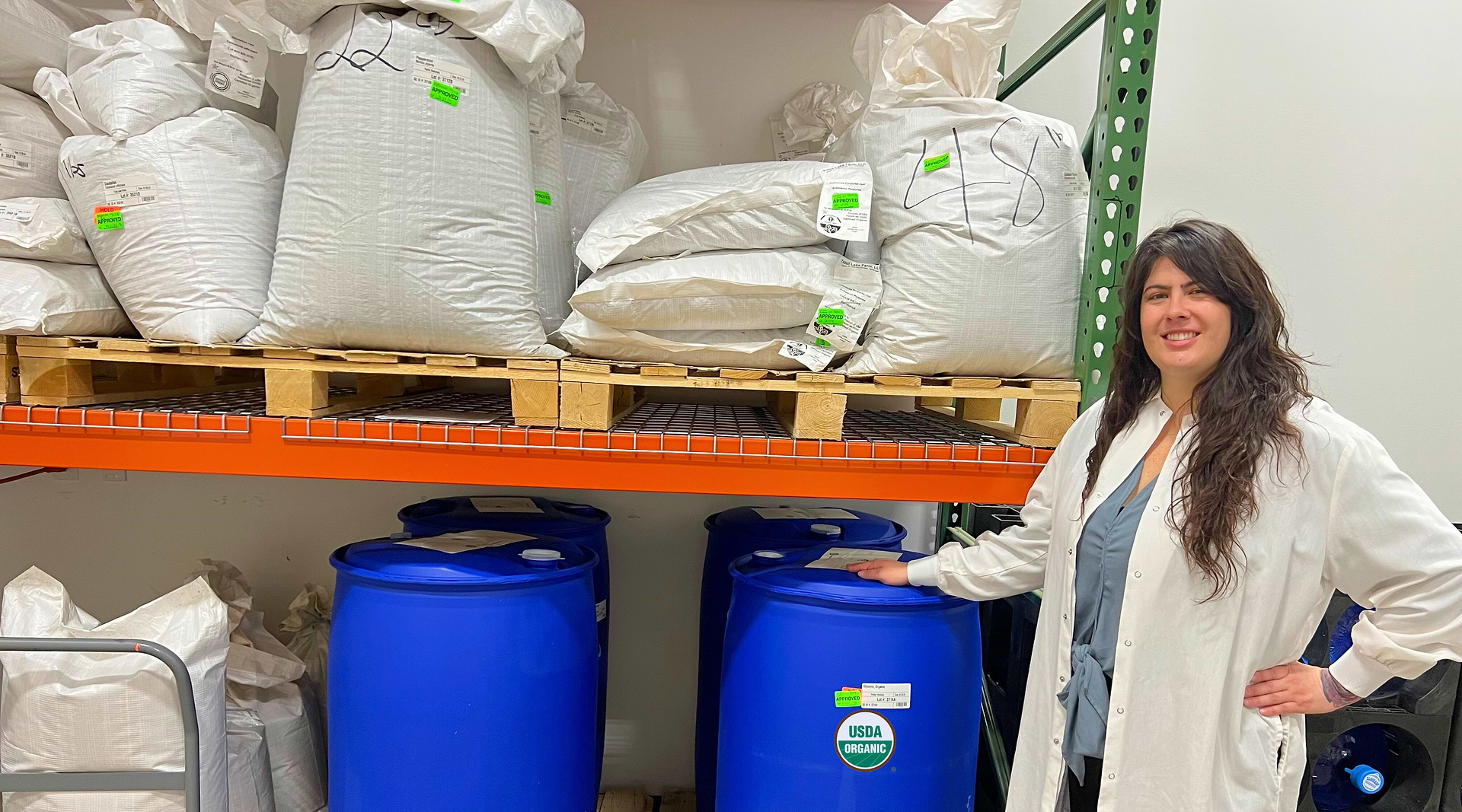It’s no secret around here that WishGarden Herbs’ tinctures taste pretty darn good for an herbal extract. We take palatable tinctures seriously because developing taste buds for medicinal plants can be challenging yet highly rewarding! Tincturing with solvents like sustainable glycerin and organic alcohol helps us capture the best of both optimal taste and the most effective extraction of healthy plant compounds, providing us with plateable and efficacious remedies to meet the needs of everyday life.
In our continuous quest to source the highest quality ingredients available, we have recently moved to using sustainable organic vegetable glycerin that is non-palm derived. Although sourcing organic, sustainable glycerin comes at a higher price, bringing high-quality, sustainable ingredients that honor nature to the marketplace is equally essential to the health benefits these products provide.
What is Glycerin?
Glycerol or glycerin has increasingly become a popular ingredient found in supplements, pharmaceuticals, and skin-care products. It’s odorless, colorless, viscous liquid with a sweet-like taste and non-toxic qualities. However, not all glycerins are produced equally; some can be derived from animals or plants or are even synthetically made. Plant-based glycerin is made from plant triglycerides or fats with pressure, temperature, or fermentation. Whereas animal glycerin is fat-based derived from tallow or mutton. Here at WishGarden Herbs, we prefer plant-based glycerin when crafting our herbal tinctures. Plant synergy & plant power is our way!

Glycerin Sustainability
But what’s up with Vegetable glycerin? Can it be sustainable? There are no simple answers because not all vegetable glycerin has regenerative backgrounds. Some organizations like Palm Done Right help educate consumers and manufacturers about "conflict glycerin" or unsustainable glycerin creating havoc in regions where glycerin is harvested in a manner that is harmful to local eco-systems and why it’s important to use look for RSPO-certified glycerin when sourcing palm or non-organic glycerin. Unfortunately, as plant-based ingredients gain popularity globally, so does vegetable glycerin and its destructive effects on habitat loss for many animal species and other social injustices.
WishGarden has been sourcing RSPO-certified glycerin for many years, but recently, we started solely sourcing & purchasing organic-certified non-palm oil glycerin. We carefully choose suppliers based on their sustainable practices and commitment to healthy eco-systems for plants, animals, and people when cultivating crops for glycerin production. Organic-certification is crucial for gaining consumer trust and building sustainable bridges from suppliers to finished products in supplement aisles. Further, when we source potentially ethically sensitive ingredients such as glycerin, obtaining organic and sustainable certifications helps us trace regenerative lifecycles from the source farm, to our supplier’s warehouse, to our quality control department, and into our finished products.
Quality Matters
In order to craft herbal tinctures to the highest standards, all WishGarden Herbs’ ingredients are carefully evaluated through an extensive vendor verification process for sustainable practices and quality, certification verifications, in-house ingredient organoleptic testing, and 3rd party lab testing to assure the utmost safety, quality, and validity.
While searching for the highest-quality organic glycerin, we tested many types of glycerin ranging from mustard seed to palm-derived material. Finally, we found providers of non-palm derived organic vegetable glycerin that passed all our tests! We found these sources had neutral good taste, sustainable backgrounds, creditable documentation, and the efficaciousness needed to meet our high-quality standards. These glycerin are now used for extraction and taste profile with-in our herbal tinctures.

Organic Flax Flower Field
Honoring Nature
Let us remember when crafting herbal remedies, that high-quality, sustainable ingredients that honor nature and our ancient ecological relationship with plants are equally important to the health benefits these remedies give us. Collectively, we can choose plants and people before profits in our current supplement world, one ingredient at a time.
Lauren Ann Nichols-Sheffler attended The Colorado School of Clinical Herbalism and received her certificate in medical herbalism. She is the owner of Blue Yarrow Herbs aka Herbal Vice, an herbal product company practicing bioregional herbalism by cultivating plants and sourcing locally. Lauren loves educating and advocating for plant sustainability. She is the sourcing and Purchasing manager for WishGarden Herbs.
For educational purposes only. This information has not been evaluated by the Food and Drug Administration. This information is not intended to diagnose, treat, cure, or prevent any disease, or sell any product.
Recommended Products
Further Reading













